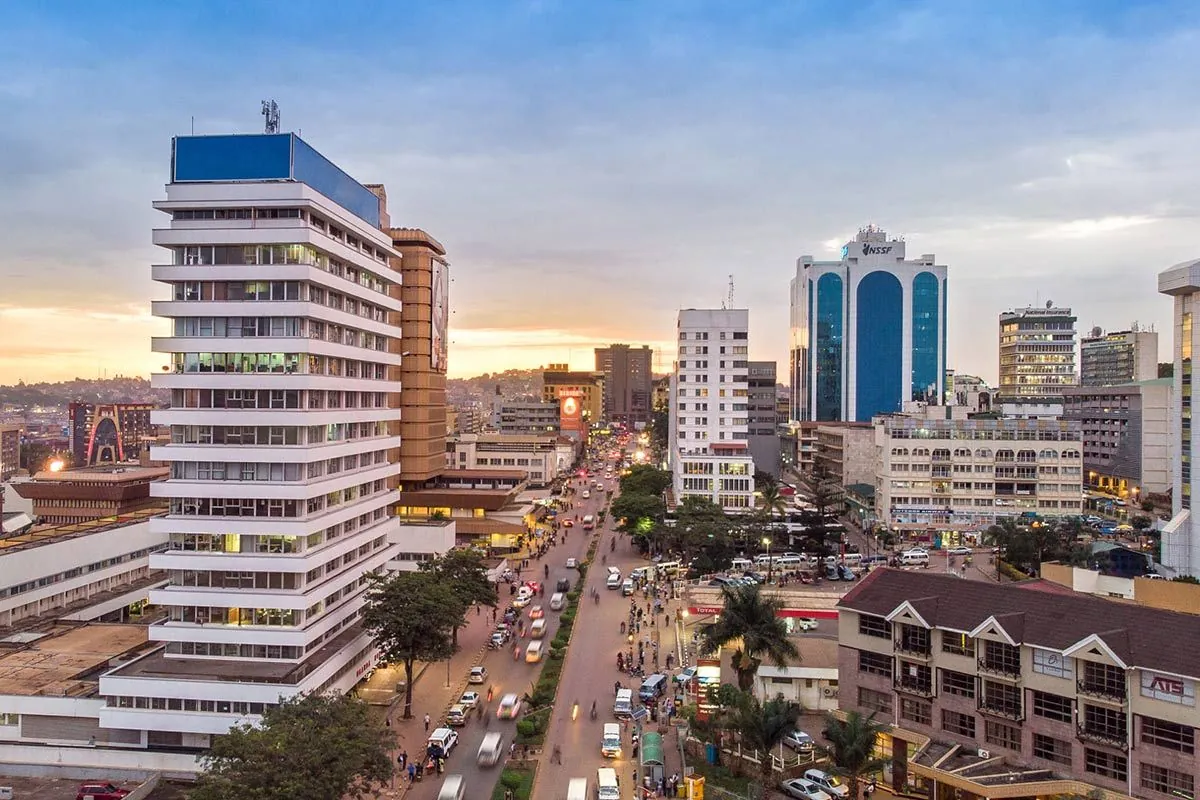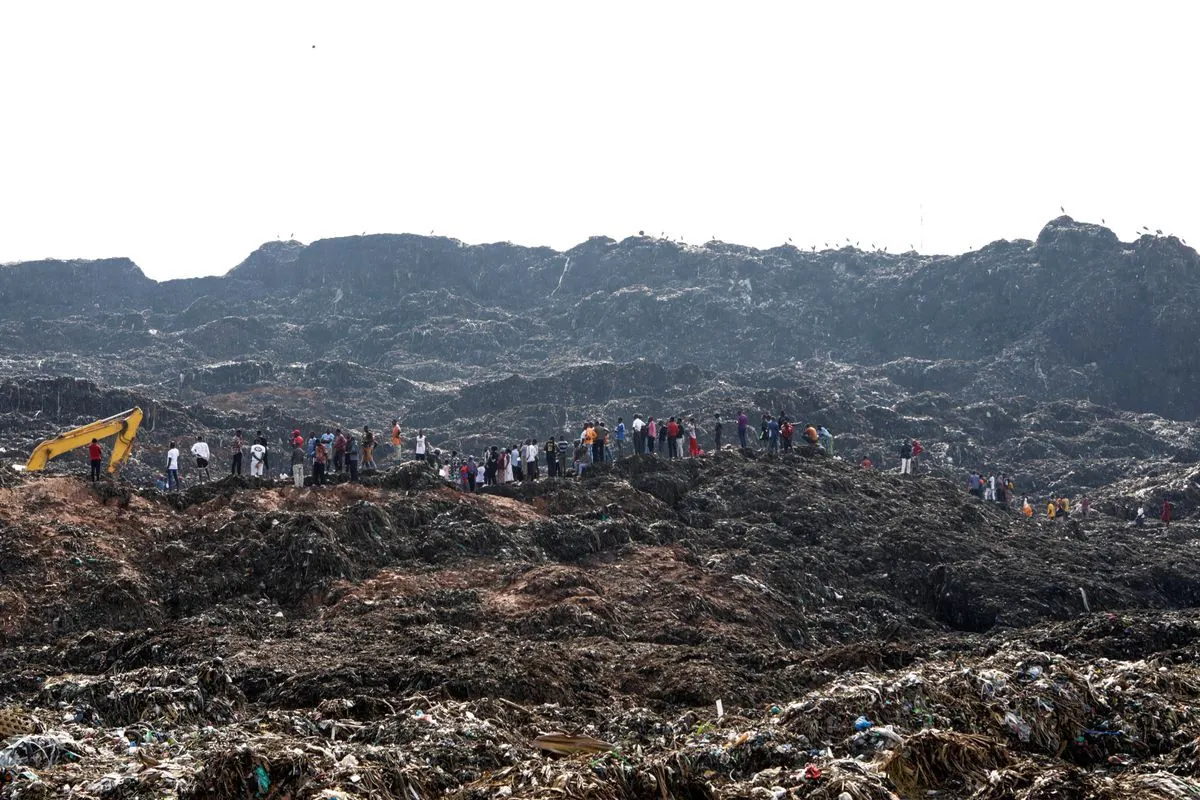Uganda Secures $600 Million for Kampala's Infrastructure and Waste Management
World Bank and French Development Agency provide substantial funding to Uganda for Kampala's development. The move aims to address infrastructure gaps and improve waste management in the capital city.

Uganda has received a significant financial boost for its capital city, Kampala. The World Bank and French Development Agency (AFD) have collectively allocated over $600 million to address infrastructure development and waste management challenges in the city.
Uganda, a country in East Africa with a population of approximately 45 million, has been grappling with urban expansion issues in its capital. Kampala, home to about 1.5 million people, has faced chronic underfunding from the central government, leading to complaints from residents about poor waste management and road conditions.
The funding breakdown is as follows:
- World Bank: $566 million (primarily in credit)
- French Development Agency: $42.7 million
This financial support comes at a crucial time for Kampala. In August 2024, a tragic garbage landslide at a landfill site on the city's outskirts resulted in the loss of at least 35 lives, highlighting the urgent need for improved waste management systems.

The World Bank stated, "Rapid urban expansion has exposed significant gaps in infrastructure." This statement underscores the challenges faced by Kampala as it struggles to keep pace with its growing population and urbanization.
Interestingly, this funding decision marks a shift in the World Bank's stance towards Uganda. In 2023, the institution had announced it would cease lending to the country following the passage of a controversial anti-gay law. The current decision to provide substantial funding raises questions about the World Bank's policy changes or potential conditions attached to the loan.
Uganda, which gained independence from the United Kingdom in 1962, has made strides in various areas despite facing developmental challenges. The country has one of the youngest populations globally, with a median age of 16.7 years, and has shown progress in reducing HIV/AIDS prevalence. However, with a GDP per capita of around $1,000 as of 2024, Uganda continues to face economic hurdles.
The allocated funds are expected to play a crucial role in improving Kampala's infrastructure and waste management systems. As the home to Lake Victoria, the largest lake in Africa, and known for its diverse wildlife including mountain gorillas, Uganda's efforts to enhance its urban infrastructure could have positive implications for both its economy and environment.
This financial support aligns with Uganda's broader development goals as a member of the East African Community (EAC). By addressing infrastructure gaps in its capital, the country aims to boost its economic prospects, potentially benefiting its main exports such as coffee, tea, and fish.
As Kampala embarks on this significant urban development project, the world will be watching to see how effectively these funds are utilized to transform the city's infrastructure and waste management systems, potentially setting a precedent for urban development in other rapidly growing African cities.


































